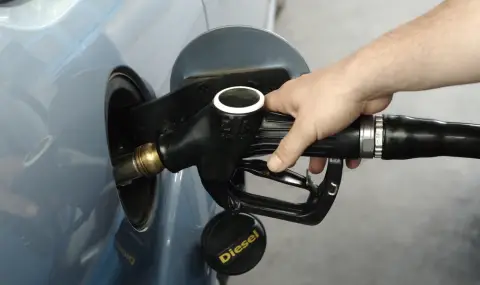The European Union is preparing to introduce new restrictions on cars over ten years old, citing its desire to reduce the rate of road accidents. However, experts are convinced that the real goal of the initiative is the gradual displacement of old diesel vehicles from European roads, as they pose a serious environmental threat and do not meet modern emission standards.
The Brussels initiative provides for a significant strengthening of technical control for millions of diesel car owners. Currently, in most EU countries, cars over ten years old are required to undergo an annual technical inspection with mandatory mileage reporting. In Germany, such vehicles are checked every two years, but according to much stricter standards. At the same time, the European Commission insists that it is the age of the car that has a direct impact on the level of road safety, since the technical condition of old cars often does not meet modern requirements.
Critics of this initiative question such claims, pointing to the lack of objective data that directly links the age of vehicles to increased accident rates. According to them, the condition of the car and the regularity of its maintenance are more important factors than the number of years, but the EU is seeking to change the general approach by focusing on the age of vehicles as a critical indicator.
The new rules place particular emphasis on diesel vehicles that are not equipped with particulate filters or from which such filters have been removed. In old diesel cars, the filter regeneration process does not proceed properly, especially in conditions of intensive urban operation, where engines often operate in modes that prevent full regeneration. The cost of replacing or repairing a particulate filter can reach 3,000 euros, which is an excessive financial burden for many owners of older cars, causing them to either ignore the problem or completely refuse to use such systems.
Currently, the lack of mandatory testing of particulate emissions during technical inspections allows many diesel vehicles to remain outside environmental control. However, as part of a new initiative, the European Union is seeking to introduce mandatory checks on the operation of particulate filters during technical inspections, which will significantly complicate the operation of old diesel cars without an appropriate cleaning system.
The difficulty in implementing these changes lies in the technical complexity of checking the operation of particulate filters without the use of specialized equipment, which will require additional costs from service centers and a corresponding increase in the cost of technical inspection for car owners.
If the new requirements are adopted, thousands of diesel cars currently driving in Europe and, respectively, in our country, will be faced with a choice: either to install new filters, which is often economically inexpedient for old vehicles, or to send the cars for recycling. In addition, even updated cleaning systems do not always guarantee compliance with modern environmental standards due to the natural aging of automotive systems and engine wear.
Against the backdrop of these changes, it is expected that many Europeans will seek to get rid of their old cars as soon as possible in order to avoid the costs of conversion or disposal. As a result, the number of old, but still technically fit, cars on the secondary market will increase. It is expected that a significant part of these cars will be sold at reduced prices to buyers from countries outside the European Union, but quite a few will also come to our country.
Ukraine is already listed among the main destinations for sales of such cars, where, due to economic realities, the demand for affordable vehicles remains consistently high. Imports of used European cars to Ukraine have been showing positive dynamics for several years, and a new EU initiative may further strengthen this process. According to experts, in the coming years Ukraine may become one of the main markets for the sale of old European diesel cars, which are gradually being phased out due to stricter environmental standards in the EU.
A European Commission document published on 24 April 2025 stresses that improving road safety and reducing harmful emissions is a strategic priority for the EU in the coming years. Member States will therefore be obliged to take measures to strengthen technical controls, in particular by updating vehicle inspection procedures, taking into account the real conditions of their operation and the degree of wear of key elements of the emission control system.
